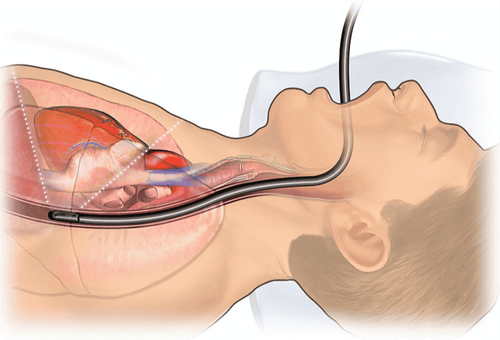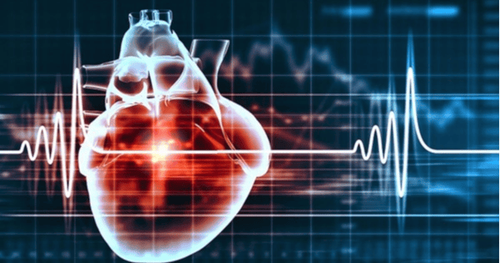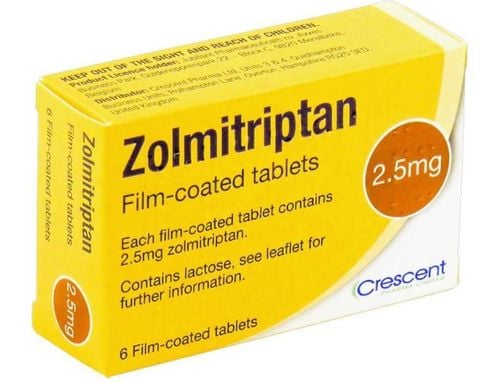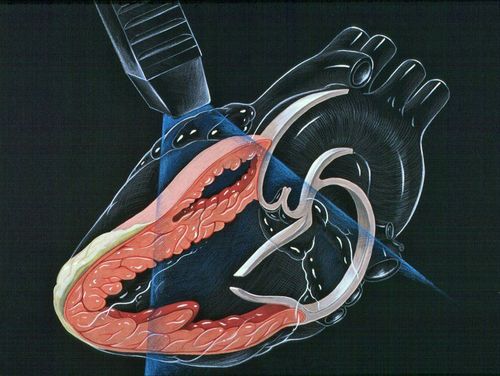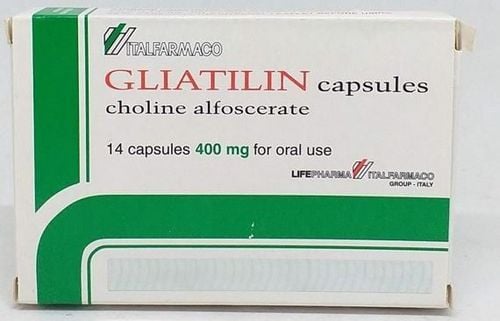This is an automatically translated article.
Doppler echocardiography investigates the morphological, functional and hemodynamic changes of the heart by Doppler effect, using pulsed doppler, continuous doppler, color doppler, organized doppler.1. What is a Doppler echocardiogram?
Doppler ultrasound is a diagnostic imaging probe that examines moving objects with a transducer that emits and receives ultrasound waves. The most common method of measuring pulmonary arterial pressure, the most commonly used, is the calculation of pulmonary artery pressure via Doppler ultrasound. With frequency signals emitted from the transducer of the ultrasound machine and the frequency received when examining moving objects (for example, blood cells moving in the blood vessels or heart chambers), the machine will synthesize and display displayed on the screen as colors, different spectral waveforms, or audible audio signals.
Doppler ultrasound is used to look at translocated cells (mostly red blood cells) or any movement in the body.
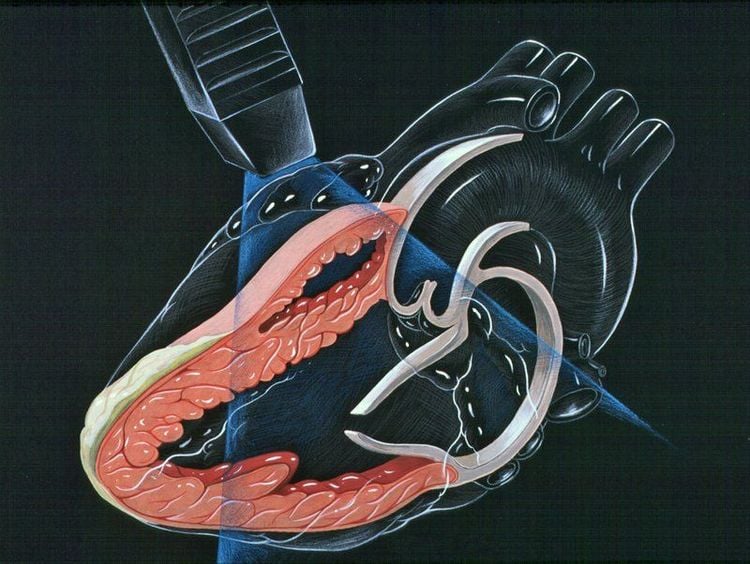
Mô tả siêu âm doppler tim
2. Indications, contraindications to echocardiography doppler
2.1. Point
Cardiac Doppler echocardiography is widely indicated in patients with conditions suggestive of heart and vascular disease such as:
Patients with hypertension, Ischemic heart disease Patients with cardiac arrhythmias pericardial involvement Patients with symptoms of chest pain, shortness of breath Heart valve disease Pathology involving the arteries and veins around the heart Tumors, blood clots in the heart Congenital heart disease In addition, ultrasound Doppler is also indicated in cases of additional vascular interventions such as dilatation or occlusion.
2.2. Contraindications
There are no absolute contraindications but caution should be exercised in patients with severe respiratory failure and hemodynamic instability.
3. Doppler echocardiography results
Heart rate: Normal heart rate between 60 and 100 beats/minChange in heart size: When the heart valves are weakened or there is damage to the heart valves, high blood pressure or other conditions can cause the chambers to collapse An enlarged heart or an abnormally thickened heart wall. Pumping power (heart pumping work): measurements obtained from an echocardiogram including: percentage of blood pumped from a filled ventricle with each heartbeat (ejection fraction) and volume of blood pumped from the heart within one minute (cardiac output). A heart that doesn't pump enough blood to meet the body's needs can lead to symptoms of heart failure. Myocardial damage: An echocardiogram can determine if the heart's walls are contributing normally to the heart's pumping action. Areas where the heart wall moves weakly can be caused by damage during a heart attack or lack of oxygen. Abnormal picture of a blood clot in the chambers of the heart. Valve problems: An echocardiogram can help your doctor determine whether the heart valves are wide enough to receive adequate blood flow during diastole or close completely during systole to prevent blood leakage. Heart defects: An echocardiogram can help detect problems with the heart's chambers, abnormal passages between large blood vessels, and complex heart defects that are present at birth. The Cardiovascular Center at Vinmec Times City International Hospital is equipped with a modern echocardiogram system and equipment on par with the most prestigious hospitals in the world to support doctors in the treatment of heart diseases. cardiovascular disease in patients. Along with that is a team of experts including experienced professors and doctors who have successfully performed many surgeries for patients with heart disease.
Please dial HOTLINE for more information or register for an appointment HERE. Download MyVinmec app to make appointments faster and to manage your bookings easily.




